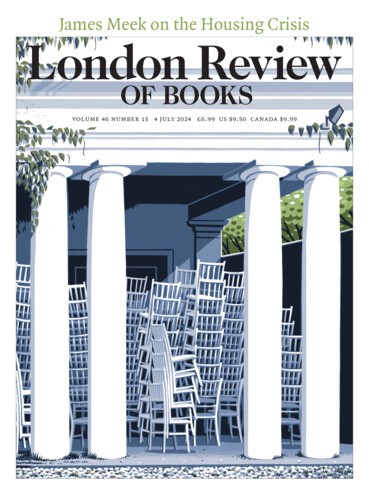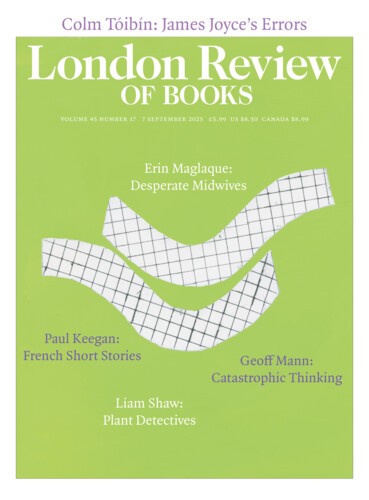David Carpenter
David Carpenter’s new translation of Magna Carta is published by Penguin. He teaches history at King’s College London.
Truth to Power
26 June 2024
Austin’s War
7 September 2023
Promises, Promises: The Peasants’ Revolt
David Carpenter, 2 June 2016
In England 1381 was the year of what has often been called the Peasants’ Revolt. The insurgency began in Essex in late May, spread quickly to Kent and on 13 June the rebels gathered on Blackheath, entering London the next day. Joined by many from the city, they sacked John of Gaunt’s palace of the Savoy and forced the king, the 14-year-old Richard II, to meet them at Mile End....
How to be a queen: She-Wolves
David Carpenter, 15 December 2011
Helen Castor describes She-Wolves as ‘an attempt to write the kind of book I loved to read before history became my profession as well as my pleasure. It is about people, and about power. It is a work of storytelling, of biographical narrative rather than theory or cross-cultural comparison.’ At the heart of the book are accounts of the careers of four women who ‘ruled...
Pieces about David Carpenter in the LRB
Frisking the Bishops: Poor Henry
Ferdinand Mount, 21 September 2023
Nothing could be less like the conventional idea of a pugnacious Plantagenet than the fair nine-year-old child who came to the throne in 1216, already weeping, in circumstances that would have taxed a...
Back to Runnymede: Magna Carta
Ferdinand Mount, 23 April 2015
George Cony, a London merchant, had once been a friend of Oliver Cromwell. But when the Lord Protector slapped a tax on silk imports without the consent of Parliament, Mr Cony protested that...
Read anywhere with the London Review of Books app, available now from the App Store for Apple devices, Google Play for Android devices and Amazon for your Kindle Fire.
Sign up to our newsletter
For highlights from the latest issue, our archive and the blog, as well as news, events and exclusive promotions.





